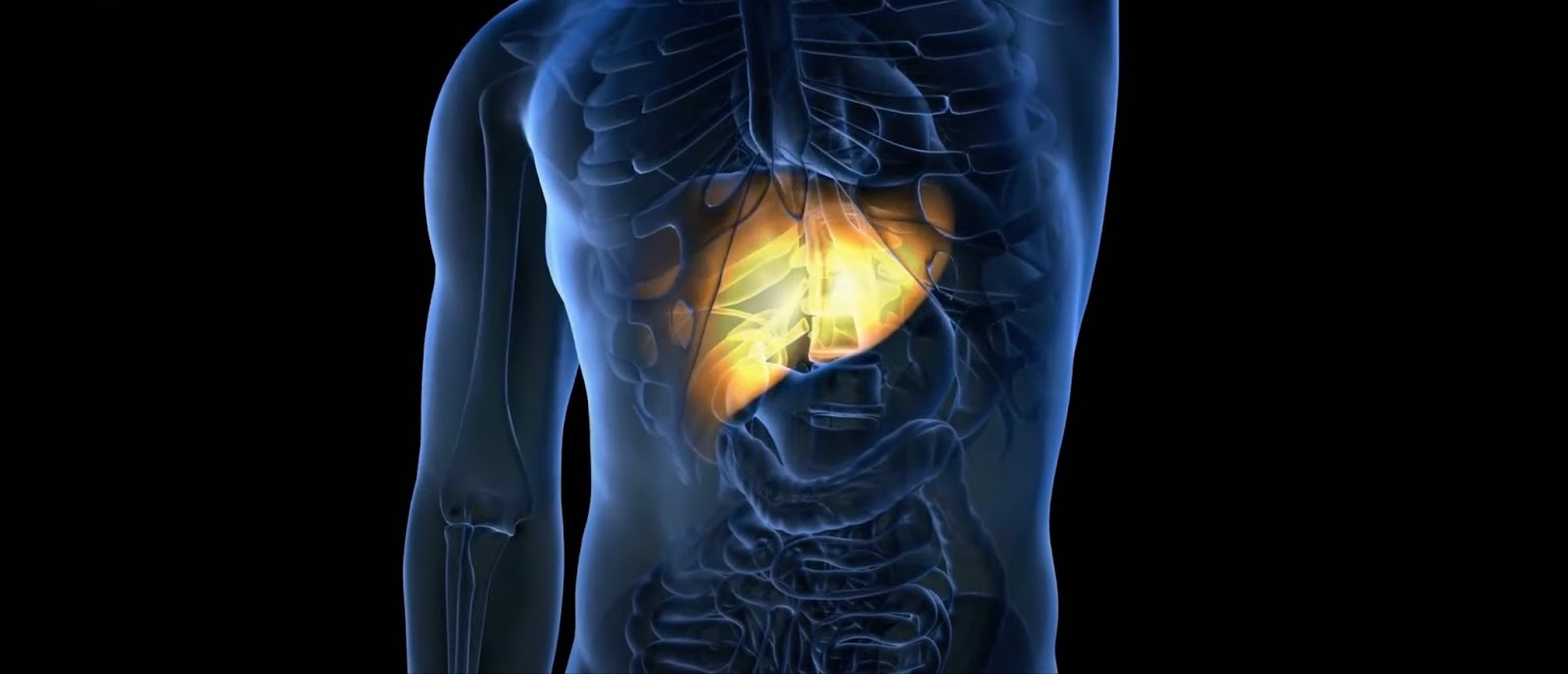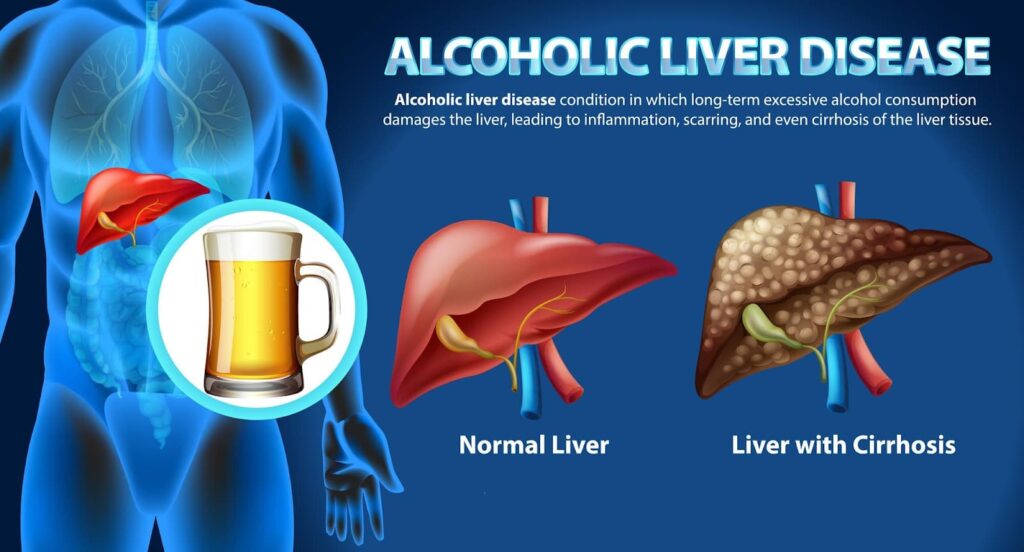
Early Indications of Alcohol-Induced Liver Harm
Alcohol consumption is deeply embedded in social gatherings and celebrations. While moderate drinking may seem harmless, excessive and prolonged alcohol use can wreak havoc on your health, particularly on your liver. If you are curious about identifying the common signs that your liver is struggling, this comprehensive guide is tailored for you. In this article, we delve into the initial indicators of liver damage caused by alcohol, equipping you with the knowledge to recognize when your liver might be under duress.
Understanding the Liver and Its Functions
The liver plays a crucial role in maintaining our overall well-being. Before delving into the symptoms of liver disease, it’s essential to comprehend the intricate functions of this vital organ. Responsible for processing everything we ingest, drink, and breathe, the liver synthesizes essential proteins and detoxifies harmful substances. When alcohol enters the body, the liver diligently works to break it down. However, chronic alcohol abuse can gradually impair its functionality.
The Role of the Liver in Detoxification
The liver acts as a powerhouse for detoxification, filtering out toxins and waste products from the bloodstream. It metabolizes alcohol into byproducts that can be eliminated from the body, preventing their accumulation and potential harm to other organs.
Liver Detoxification Functions
| Function | Description |
|---|---|
| Metabolism of Alcohol | Converts alcohol into acetaldehyde, then further breaks it down into acetate and acetyl-CoA. |
| Detoxification | Neutralizes and eliminates toxins, drugs, and metabolic byproducts through enzymatic processes. |
| Bile Production | Produces bile necessary for the digestion and absorption of fats and fat-soluble vitamins. |
First Signs of Liver Damage: What to Look For
Recognizing the early signs of liver damage from alcohol is paramount for timely intervention and treatment. These indicators serve as red flags, prompting individuals to seek medical attention before the condition escalates.
Jaundice (Yellowing of the Skin and Eyes)
Jaundice stands out as one of the most conspicuous signs of liver distress. This condition manifests due to elevated levels of bilirubin, a yellow pigment, in the bloodstream. The classic symptom of jaundice is the yellowing of the skin and whites of the eyes, indicating compromised liver function.
Symptoms Associated with Jaundice:
- Yellow discoloration of the skin and sclera;
- Dark urine and pale stools;
- Itchy skin;
- Fatigue and weakness.
Abdominal Pain and Swelling
Persistent abdominal pain or swelling should not be overlooked, as it could signify underlying liver damage resulting from alcohol consumption. The liver’s inflammation and enlargement can lead to discomfort and distension in the abdominal region, warranting prompt medical evaluation.
Common Causes of Abdominal Pain in Liver Damage:
- Liver inflammation (hepatitis);
- Liver cirrhosis;
- Ascites (abdominal fluid buildup).

When You Need to See a Liver Specialist/Doctor?
While recognizing the initial signs of liver damage is crucial, seeking professional medical advice is imperative for accurate diagnosis and tailored treatment plans. Consult a liver specialist or healthcare provider if you experience persistent symptoms or suspect liver-related issues due to alcohol consumption.
Importance of Timely Medical Intervention
Early detection and intervention significantly improve the prognosis of liver diseases. A liver specialist can conduct diagnostic tests, such as blood work, imaging studies, and liver biopsies, to assess the extent of liver damage and formulate an appropriate management strategy.
Diagnostic Tests for Liver Damage:
- Liver function tests (LFTs);
- Imaging studies (ultrasound, CT scan, MRI);
- FibroScan for liver stiffness measurement;
- Liver biopsy for tissue analysis.
Conclusion
In conclusion, understanding the initial signs of liver damage from alcohol empowers individuals to prioritize their liver health and seek timely medical assistance when needed. By familiarizing yourself with these warning signals and acknowledging the importance of liver function, you can take proactive steps towards preserving your overall well-being. Remember, your liver is a resilient organ, but it requires care and attention to function optimally. Stay vigilant, listen to your body, and prioritize a healthy lifestyle to safeguard your liver from the detrimental effects of alcohol consumption.

